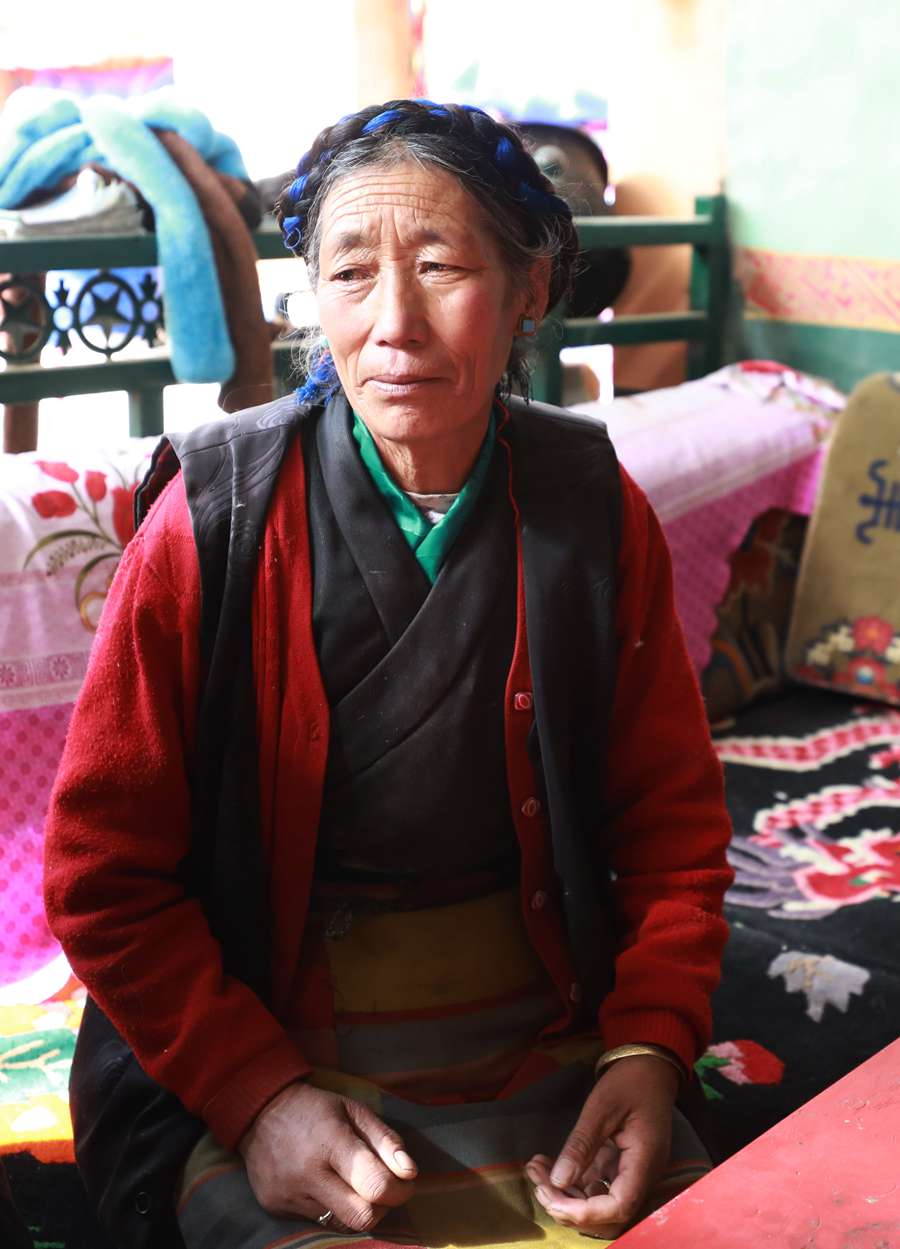Region rises from serfdom to self-determination


At noon, Pagor, another resident of Paljor Lhunpo, opened all the curtains in her living room. "Isn't it like the sunroom in the manor house?" the 57-year-old asked.
As a young man, her father was a Phalha family nangzan. "His job was to manage the master's horses, so he slept in the stable with the animals for many years. He was never allowed to ride them, though, because that would have been disrespectful to the masters," recalled Pagor, who like many Tibetans only uses one name.
Because Pagor's father was a good worker, the master of Phalha Manor allowed him to manage a piece of land, meaning he became a tralpa, a class of serfs who worked land assigned to them and provided free labor for their owners.
Serfs had to stay within the boundaries of their owner's manors. They were not allowed to leave without permission and were strictly prohibited from fleeing the manors.
By contrast, the owners could trade and transfer serfs, present them as gifts, exchange them, and use them as stakes for gambling and as collateral for loans, according to a white paper on Tibet's democratic reform, published on Wednesday by the Information Office of the State Council, China's Cabinet.
























